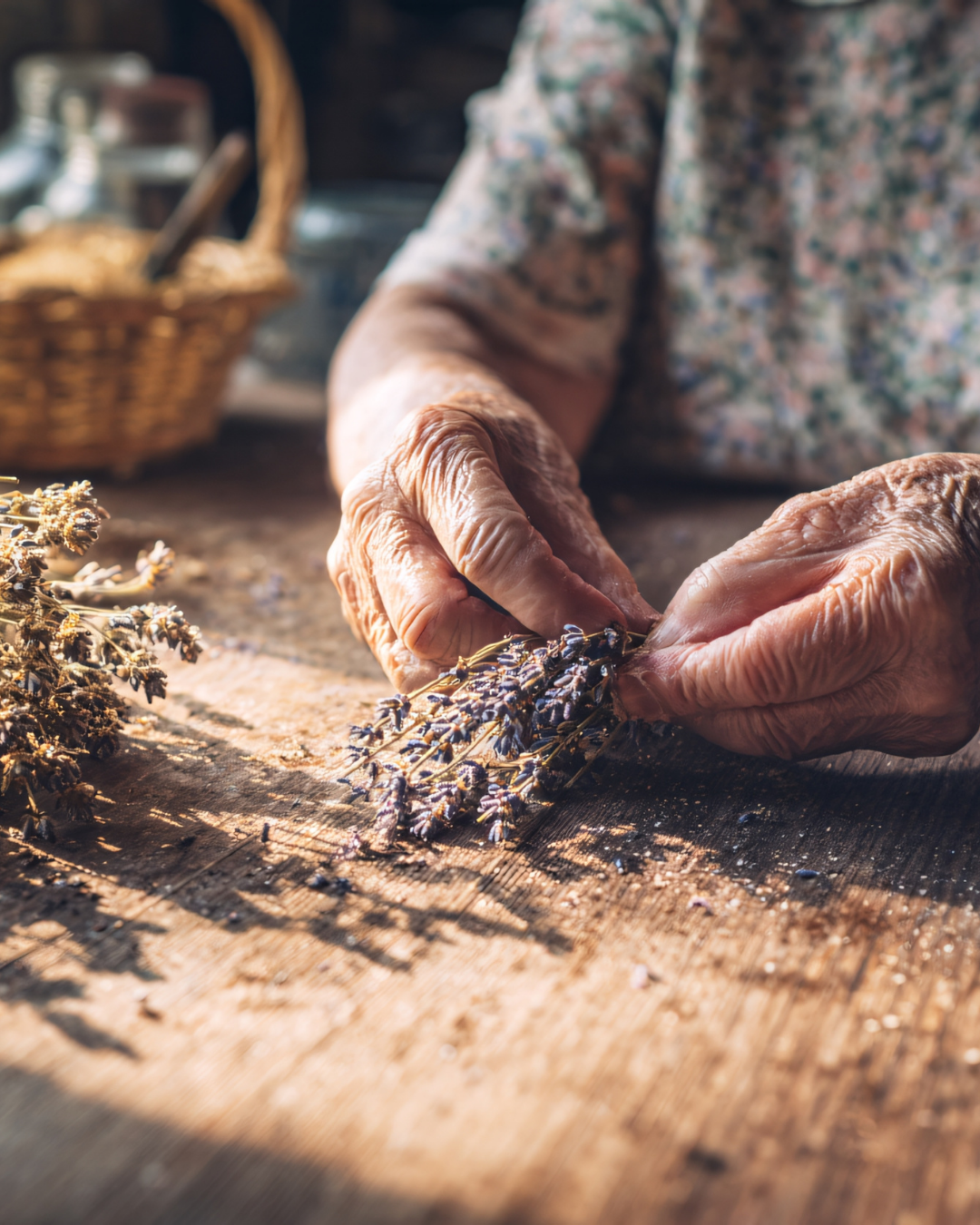The Microbiome: The Universe Inside You
We like to think we’re mostly human. But here’s the shocker: you are just as much microbe as you are human. Trillions of bacteria, fungi, and viruses live inside your gut, outnumbering your human cells.
The wild part? They’re not freeloaders. They’re decision-makers. They influence your mood, your metabolism, your immunity, and even your cravings.
The microbiome isn’t just about digestion. It’s your body’s hidden operating system.
Surprising Facts About the Microbiome
You are more microbe than human.
Your body hosts over 100 trillion microbes. Their collective genes outnumber your human genes by 100 to 1. That means most of your “genetic code” is microbial.
They make your neurotransmitters.
Over 90% of your serotonin, the neurotransmitter that regulates mood and well-being, is made in your gut. Anxiety, depression, mood swings? They don’t just live in your brain — they often begin in your microbiome.
They control your cravings.
Certain gut bacteria thrive on sugar and simple carbs. When they’re abundant, they literally send hunger signals to your brain for more. That late-night “willpower problem” may be microbial lobbying.
Your microbiome is unique as a fingerprint.
No two people have the same microbial makeup. This is why one diet works for your friend but leaves you feeling worse.
They train your immune system.
70% of your immune system lives in your gut lining. A diverse microbiome teaches your immune cells the difference between “friend” and “foe.” Without it, inflammation skyrockets.
They shape how you handle stress.
Your gut microbes talk directly to your HPA axis (your stress response system). If your gut is imbalanced, stress feels heavier, harder to recover from, and more triggering.
Behavioral Insights: What This Means for You
Every bite is a vote.
Each meal shifts your microbial population — feeding either diversity or dominance. Highly processed foods feed the bacteria that fuel cravings and inflammation. Fiber-rich whole foods feed the bacteria that stabilize mood and immunity.
Consistency beats intensity.
A single salad won’t “fix” your gut. But adding plants daily creates microbial resilience. Your bacteria notice patterns, not one-off choices.Stress management = microbiome management.
When you’re stressed, your gut lining becomes more permeable (“leaky”), creating inflammation that feeds back into mood and immunity. Stress care isn’t optional self-care. It’s gut care.
Diversity is the goal.
The healthiest guts aren’t dominated by one “super strain” — they’re crowded cities of variety. The wider the food diversity, the richer the microbial diversity.
How to Nurture Your Microbiome Now
Eat 30 different plants a week. Fruits, veggies, legumes, herbs, spices. Each plant type feeds different microbes.
Add fermented foods. Yogurt, kefir, sauerkraut, kimchi — they deliver live cultures straight to your gut.
Prioritize prebiotics. Garlic, onions, leeks, asparagus, oats — these fibers are microbe fuel.
Swap restriction for rotation. The more variety you eat, the more resilient your gut becomes.
Build rest into your week. Your microbes follow your circadian rhythm. Disrupted sleep = disrupted gut.
The Bottom Line
Your microbiome is not background noise — it’s the symphony conductor.
It influences your mood, your focus, your immunity, and your energy.
The takeaway? You’re never eating alone. Every bite, every thought, every stressor — your microbes are right there, responding.
The most radical act of self-care may be as simple as feeding the universe within you.






